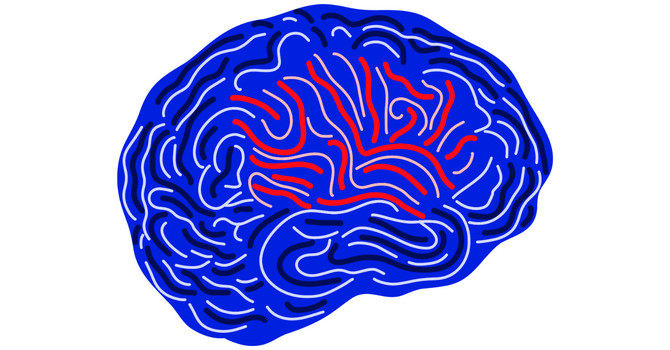Vagal tone refers to the activity level of the vagus nerve, the nerve that plays a key role in regulating various bodily functions, such as heart rate, digestion, and respiratory rate.
Vagal tone can be measured by assessing the variability in heart rate that occurs with each breath. This is because the vagus nerve helps to slow down the heart rate during exhalation and speed it up during inhalation. Higher vagal tone is associated with greater flexibility in the autonomic nervous system and a better ability to adapt to stressors. Research has shown that higher vagal tone is associated with a range of positive health outcomes, including better emotional regulation, improved immune function, and reduced risk of cardiovascular disease.
Signs of good vagal tone include:
- Ability to regulate emotions and mood
- good digestion with minimal bloating or gas
- reduced inflammation
- good heart health
- good respiratory function
- overall good sense of wellbeing
Symptoms of low vagal tone include:
- reduced heart rate variability
- digestive problems
- anxiety and depression
- inflammation
- fatigue and low energy
Looking to learn more about the Vagus Nerve? Join us on March 15th at 3:45 at Epiphany Bakery in Naples for a free presentation on the Vagus Nerve. Check back with us next week for part 3 of our blog series on the Vagus Nerve where we will give information on increasing vagal tone.
If you feel you have symptoms of low vagal tone, we can help! Call us at 239-955-1355 to schedule an appointment.
¿Que es el tono vago?
El tono vagal se refiere al nivel de actividad del nervio vago, el nervio que juega un papel clave en la regulación de varias funciones corporales, como la frecuencia cardíaca, la digestión y la frecuencia respiratoria.
El tono vagal se puede medir evaluando la variabilidad de la frecuencia cardíaca que se produce con cada respiración. Esto se debe a que el nervio vago ayuda a disminuir el ritmo cardíaco durante la exhalación y lo acelera durante la inhalación. Un tono vagal más alto se asocia con una mayor flexibilidad en el sistema nervioso autónomo y una mejor capacidad para adaptarse a los factores estresantes. La investigación ha demostrado que un tono vagal más alto se asocia con una variedad de resultados positivos para la salud, que incluyen una mejor regulación emocional, una mejor función inmunológica y un menor riesgo de enfermedad cardiovascular.
Los signos de un buen tono vagal incluyen:
Capacidad para regular las emociones y el estado de ánimo.
buena digestión con un mínimo de hinchazón o gas
reducción de la inflamación
buena salud del corazon
buena función respiratoria
buena sensación general de bienestar
Los síntomas del tono vagal bajo incluyen:
reducción de la variabilidad de la frecuencia cardíaca
problemas digestivos
ansiedad y depresión
inflamación
fatiga y poca energía
¿Quiere saber más sobre el nervio vago? Únase a nosotros el 15 de marzo a las 3:45 en Epiphany Bakery en Naples para una presentación gratuita sobre el nervio vago. Vuelva a consultarnos la próxima semana para ver la parte 3 de nuestra serie de blogs sobre el nervio vago, donde brindaremos información sobre cómo aumentar el tono vagal.
Si siente que tiene síntomas de tono vagal bajo, ¡podemos ayudarlo! Llámenos al 239-955-1355 para programar una cita.

Waldo Amadeo
Contact Me



